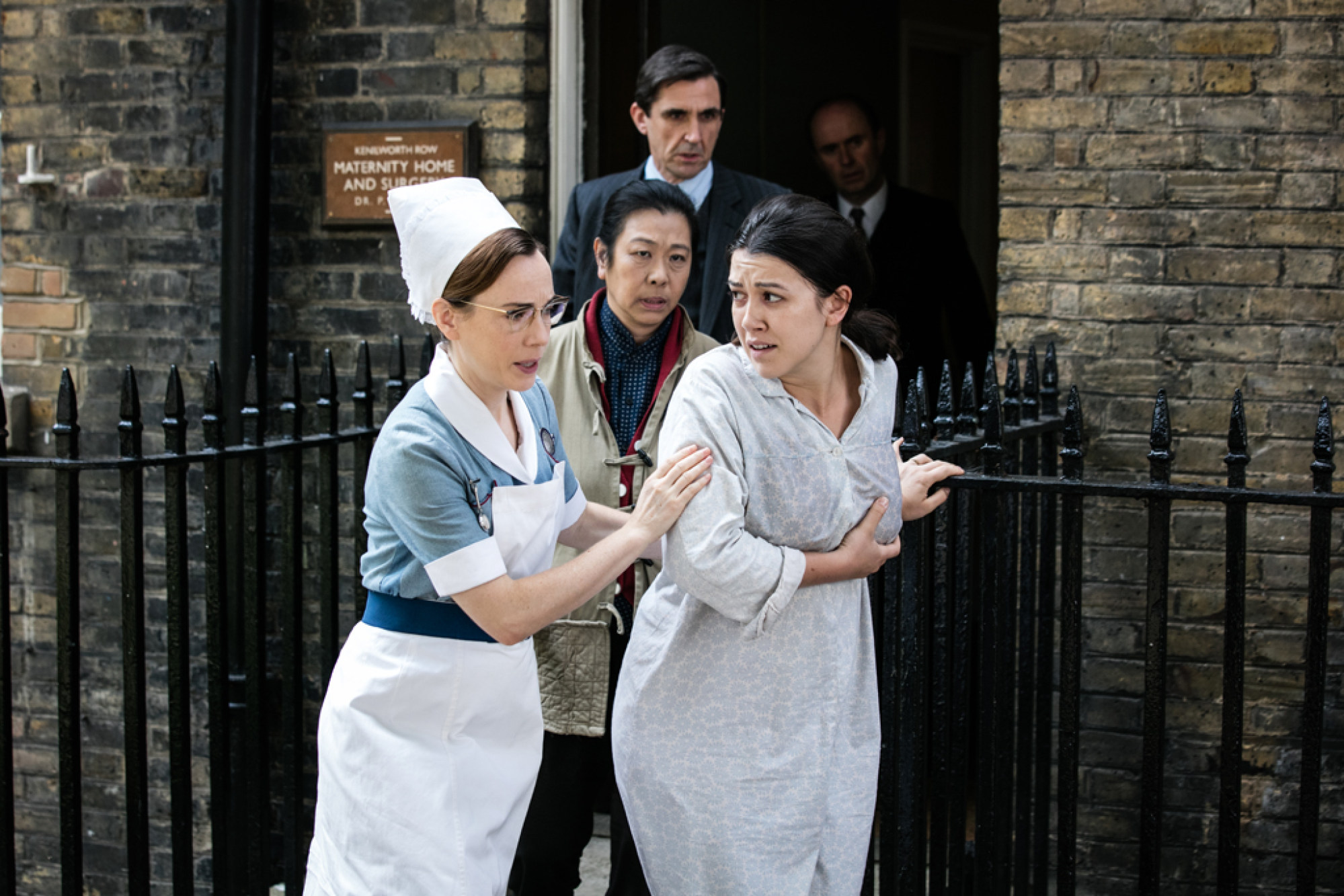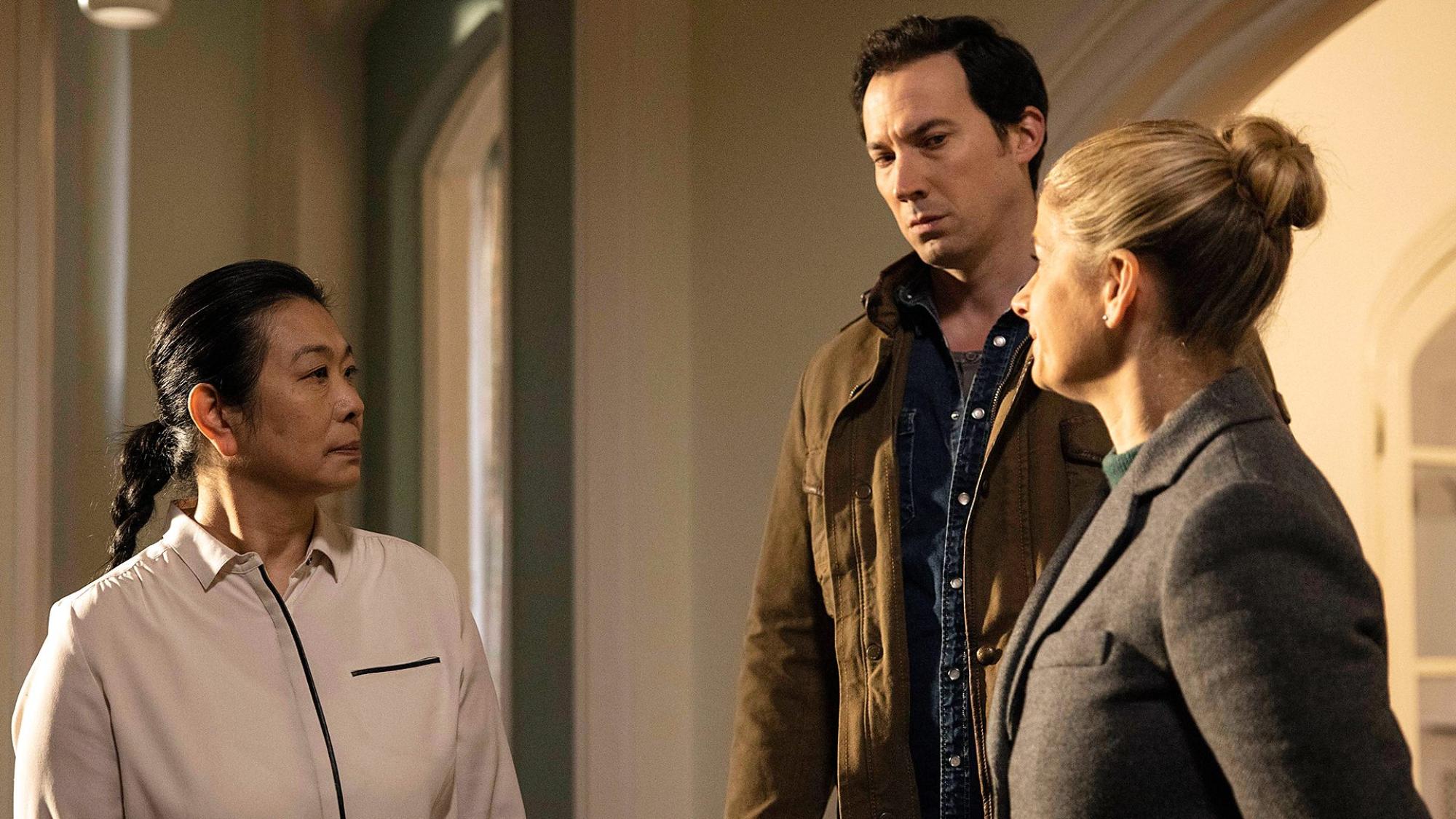“For me and others – artists, academics – it was the straw that broke the camel’s back,” says Sheen during a video call from her London home. “We’re in the 21st century and no East or Southeast Asian actors were in a major role. [Being cast at all] was in itself a huge achievement for those three.”

“So a bunch of us came together and took advantage of one of social media’s upsides to say, ‘This is not right’. We led a campaign that became a global talking point and was picked up in America, where the inclusion and diversity angle is taken more seriously.”
That was how the British East Asian Artists group came together, before evolving, in 2017, into Beats (“Advocates for British East and South East Asians working in the Screen and Stage Industries”). Sheen, with actor and filmmaker Daniel York Loh, among others, was again a co-founder; and, Beats, like its predecessor, is a non-profit.
Why Infernal Affairs director’s A Man Called Hero didn’t live up to the hype
Why Infernal Affairs director’s A Man Called Hero didn’t live up to the hype
London-based Beats aims “to humanise the representation of British East and South East Asians in arts and culture, increase their visibility” and secure equal employment opportunities. And without her existing professional profile, her work in such areas might have been trickier.
Sheen – also a director, playwright, poet, digital artist, and fiction and non-fiction writer – starred in British film Ping Pong, directed by Leong Po-chih, which opened the 1986 Hong Kong Film Festival and was screened at the Venice Film Festival.
The comedy-mystery later topped the bill on pre-seatback-video on-demand Cathay Pacific flights to Hong Kong. “There is serious talk that Ping Pong is going to be repackaged and relaunched, which is great, although 40 years late!” says Sheen.
In the wake of that debut role came appearances in films including Business as Usual (1988), Secrets & Lies (1996), Something Good: The Mercury Factor (2013) and television series such as Shadow and Bone, Prime Suspect 2, Silent Witness, Lovejoy, EastEnders, Casualty, Nighty Night and Call the Midwife.
Change in representation on stage and screen will never really happen until the hiring and substantive nurturing of British East and Southeast Asian writers is addressed
As for current projects, “I’m trying to catch up on a backlog of writing”, she says, “and I’m in the early stages of trying to get my first full major theatre work produced: Nüshu, a narrative that takes the [female-only Chinese] ‘secret language’ of Nüshu and looks at several generations of British East and Southeast Asian women.
“And I’m currently getting things into place for my first narrative short film, Char Siu Bao – anyone out there who fancies backing either of them please get in contact!
“For acting work, who knows what might happen in this crazy industry?” she says. “A TV series I filmed for the BBC will, I hope, be screened this year; I can’t say more yet, but it was exciting to have a continuing part in a series again.”
None of this, however, seems likely to derail Sheen the advocate – who arrived in Britain from her native Hong Kong as a transracial adoptee baby in the 1960s – as she continues to fight the good fight. But to what extent have things changed in recent years?
“Change in narratives and representation in British culture on stage and screen will never really happen until the hiring and substantive nurturing of British East and Southeast Asian writers is addressed,” she says. “That means commissioning those writers and supporting British talent that already exists, but isn’t given a chance.”

“We’re talking about hundreds of years of developed, ingrained discrimination, structural and institutional, that has slipped into the structures and thinking of an entire country off the back of empire and colonialism.
“So it’s always going to be difficult to get the momentum and keep it going,” says Sheen, who, even in the 2020s, has had to deal with the sort of vile, everyday racist abuse that remains an “ordinary” part of the lives of ethnic minorities in Britain.
“I had foolishly thought that that type of racism and hatred had almost disappeared from common parlance. But it’s now recognised that the treatment and acceptance, or not, of people who look like me, and are part of the fabric of British culture, is not in question.
“The way that we have been side-barred, ignored, erased is not something you can deny – although some always will, with their fictional political nostalgia.
“I’m displaced from my natural ethnicity, culture and language, but equally displaced from the country and culture I was brought into,” says Sheen. “Neither was prepared to accept me at the beginning for what I am – and I am basically a result of colonialism and British Empire. I wouldn’t be here otherwise.”

